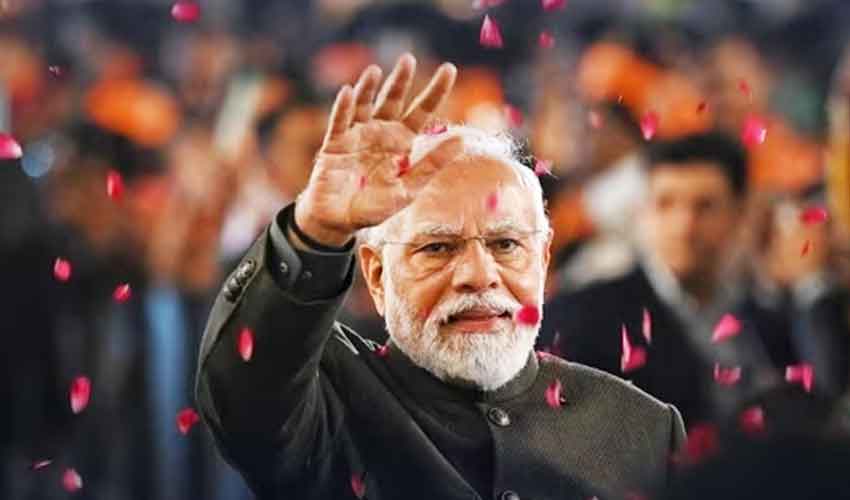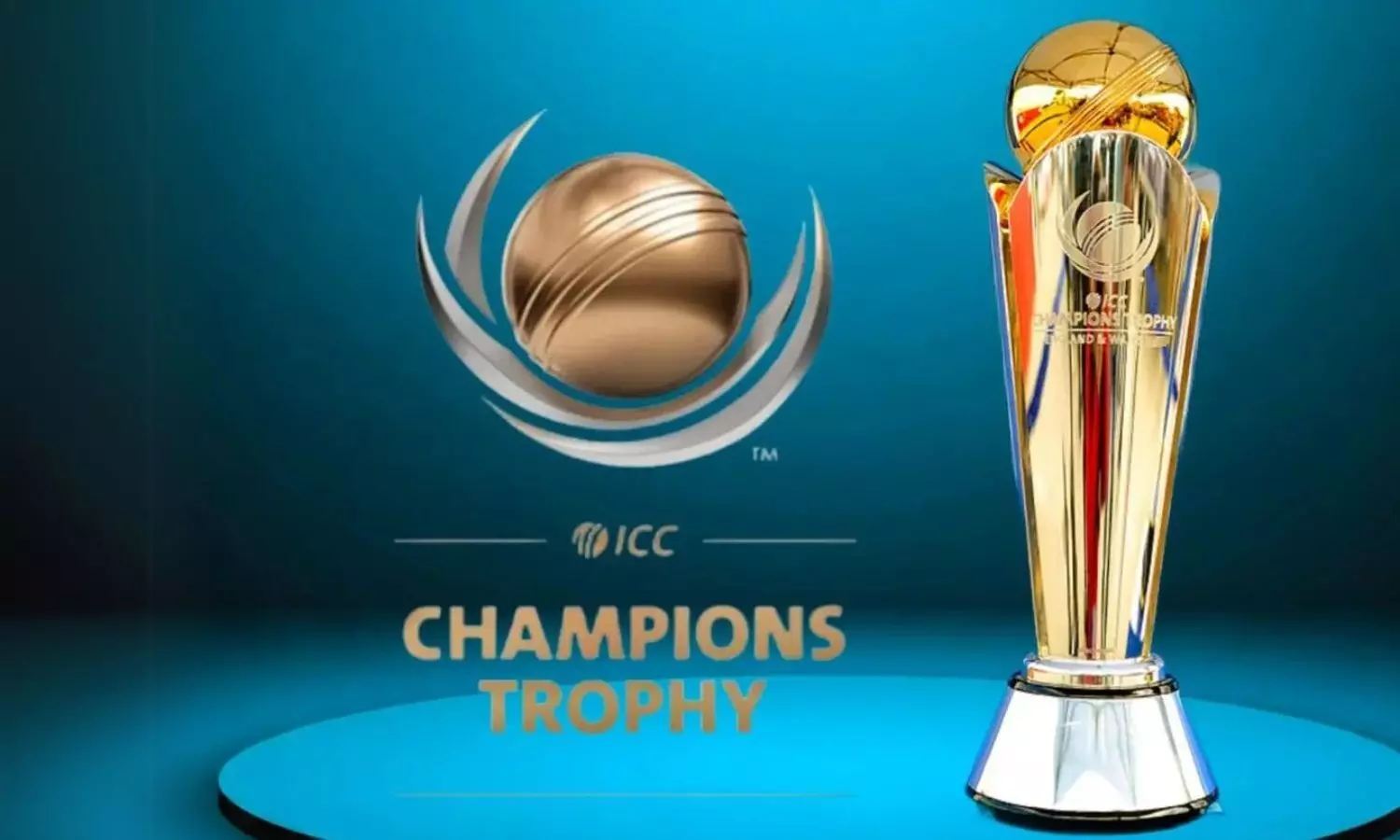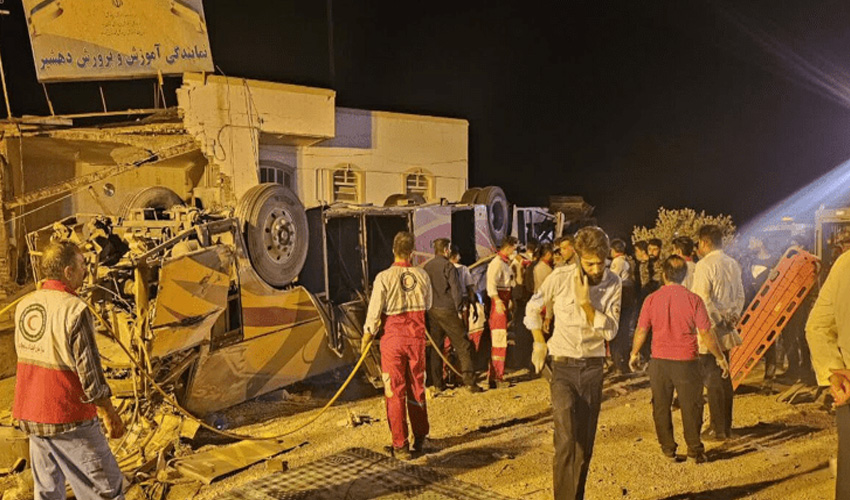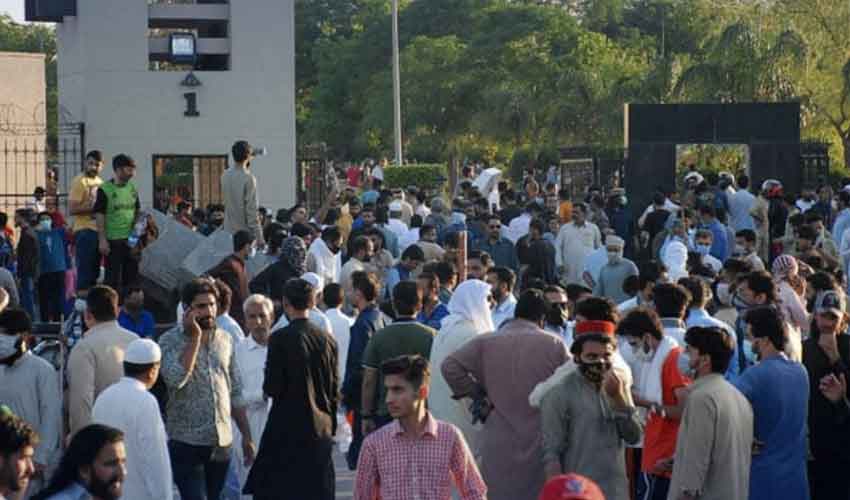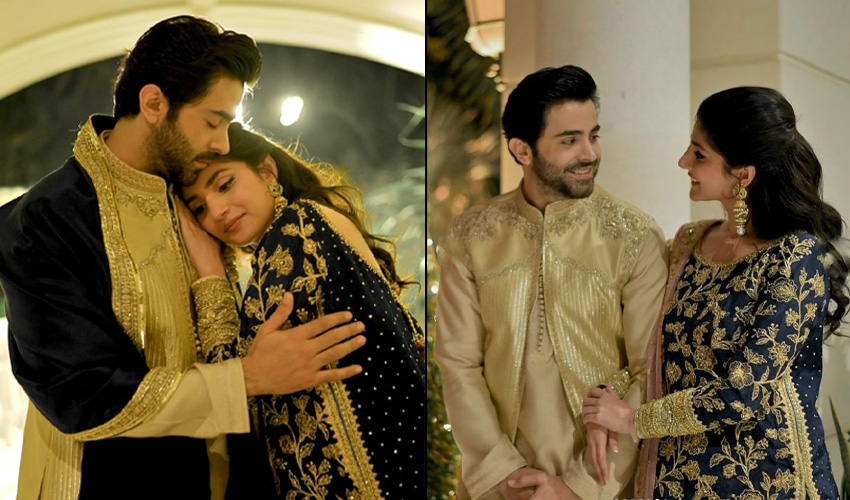There has been growing concern over religious freedom in India, particularly since the BJP came to power. Critics argue that under the Modi govt, religious freedoms have faced significant challenges.
Observers note a trend of what they perceive as an expansion of extremist ideologies among certain segments of the Indian population, which they attribute to the influence of the ruling BJP.
The celebration surrounding the demolition of the Babri Masjid and the subsequent construction of the Ram Temple by the Modi govt has drawn attention worldwide, with some viewing it as a symbol of religious polarization.
Read more: Modi govt bans madrasas in Uttar Pradesh ahead of elections, sparking criticism
Allegations of biased and threatening behavior by the BJP during election rallies have further fueled tensions. During a recent rally in Hyderabad, BJP leader Giriraj Singh's remarks about the potential demolition of mosques in Kashi and Mathura have sparked outrage.
Singh's statement, in which he expressed the view that only Ayodhya has been "conquered" and that Kashi and Mathura are next, has drawn condemnation from various quarters.
Critics argue that such rhetoric contributes to the marginalization and persecution of Muslims in India. They point to reports of Muslims facing pressure and discrimination, citing controversial policies of the Modi govt as contributing factors.
The issue of religious polarization in India has not only raised concerns about national security but has also become a significant factor in political discourse, according to reports.
BJP leaders like Giriraj Singh have called for the return of mosques to Hindus to address communal tensions, a proposition that has been met with skepticism and criticism from human rights advocates.
The plight of Muslims in India, who have faced religious violence and extremism since the partition of the subcontinent, continues to attract international attention. Many question how long international human rights organizations will remain silent on the matter.





